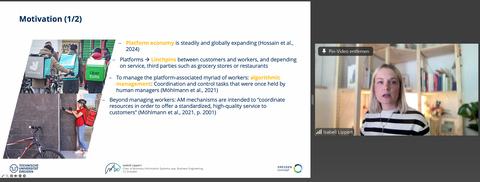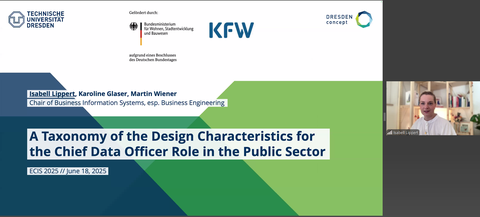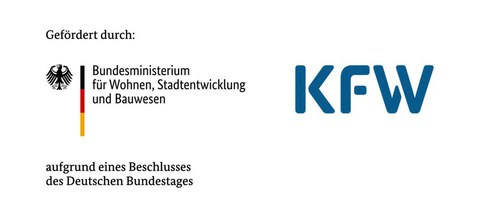Jun 27, 2025
Two paper presentations at ECIS 2025
At the European Conference on Information Systems (ECIS) 2025, held in a hybrid format, two academic papers authored by Isabell Lippert were presented:
Mind the App: Platform Workers' Algorithmic Management Experiences
Isabell Lippert, Dix Maik Gräubig, Benedikt Lorenz Mayer, Martin Wiener
This paper examines algorithmic management (AM) in the platform economy through the lens of its central interface: the app. As the primary—and often only—tool used by platform workers, the app operationalizes algorithmic control in their daily work. Introducing the concept of Algorithmic Management Experiences (AMX), the study conceptualizes AM as a form of user experience (UX). Drawing on a topic modeling analysis of app reviews in the Google Play Store, the authors identify workers’ behavioral responses—such as switching between platforms in response to technical issues. The findings highlight the app’s central role in shaping job satisfaction and workers’ intention to continue using specific services.
A Taxonomy of the Design Characteristics for the Chief Data Officer Role in the Public Sector
Isabell Lippert, Karoline Glaser, Martin Wiener
This study addresses the largely unexplored design of the Chief Data Officer (CDO) role in the public sector. While CDOs are increasingly established in the private sector, public administrations face unique challenges—such as a heterogeneous stakeholder landscape, limited steering capacity, and legal constraints.
Based on a review of relevant literature and semi-structured interviews, the authors develop a taxonomy comprising nine dimensions and 29 characteristics, which systematically captures the specific solution space of municipal CDO roles and provides actionable guidance for practice.
The research was conducted as part of the Model Project Smart Cities (MPSC), supported by the City of Dresden, the German Federal Ministry for Housing, Urban Development and Building, and the KfW Bank.
Both contributions provide valuable insights for advancing theory and practice in the areas of algorithmic management and data-driven public sector transformation.




